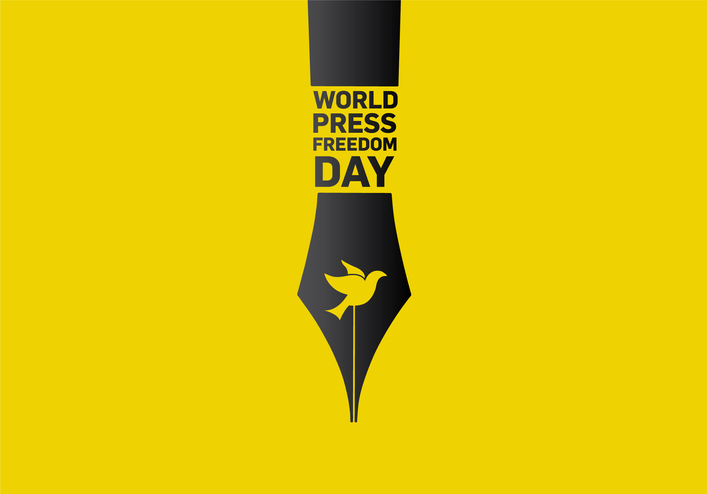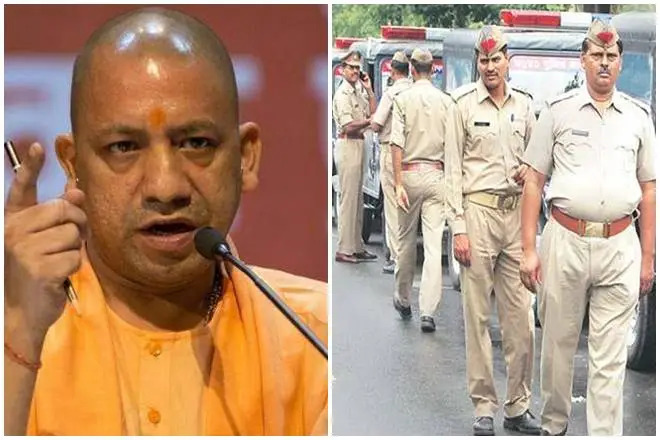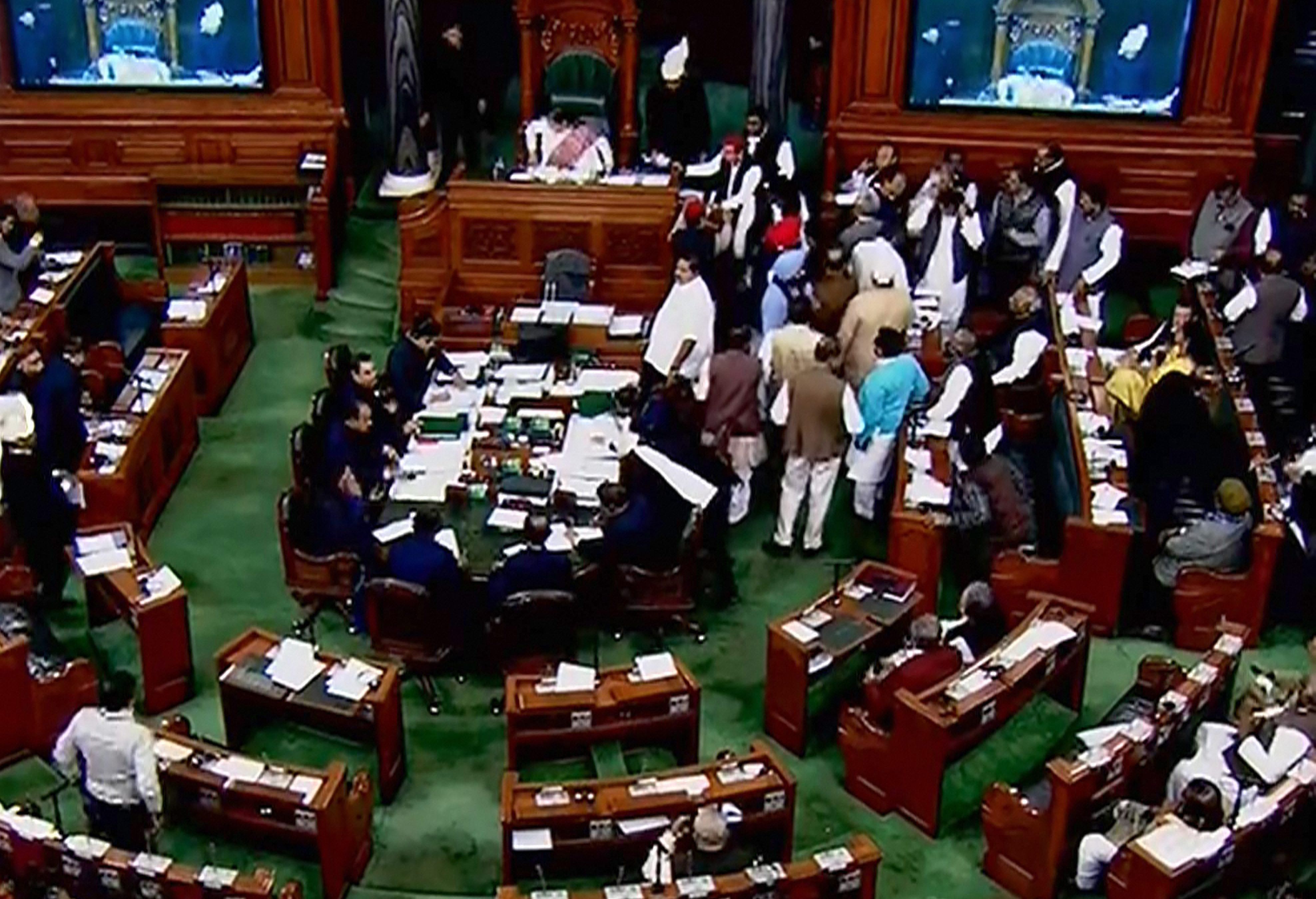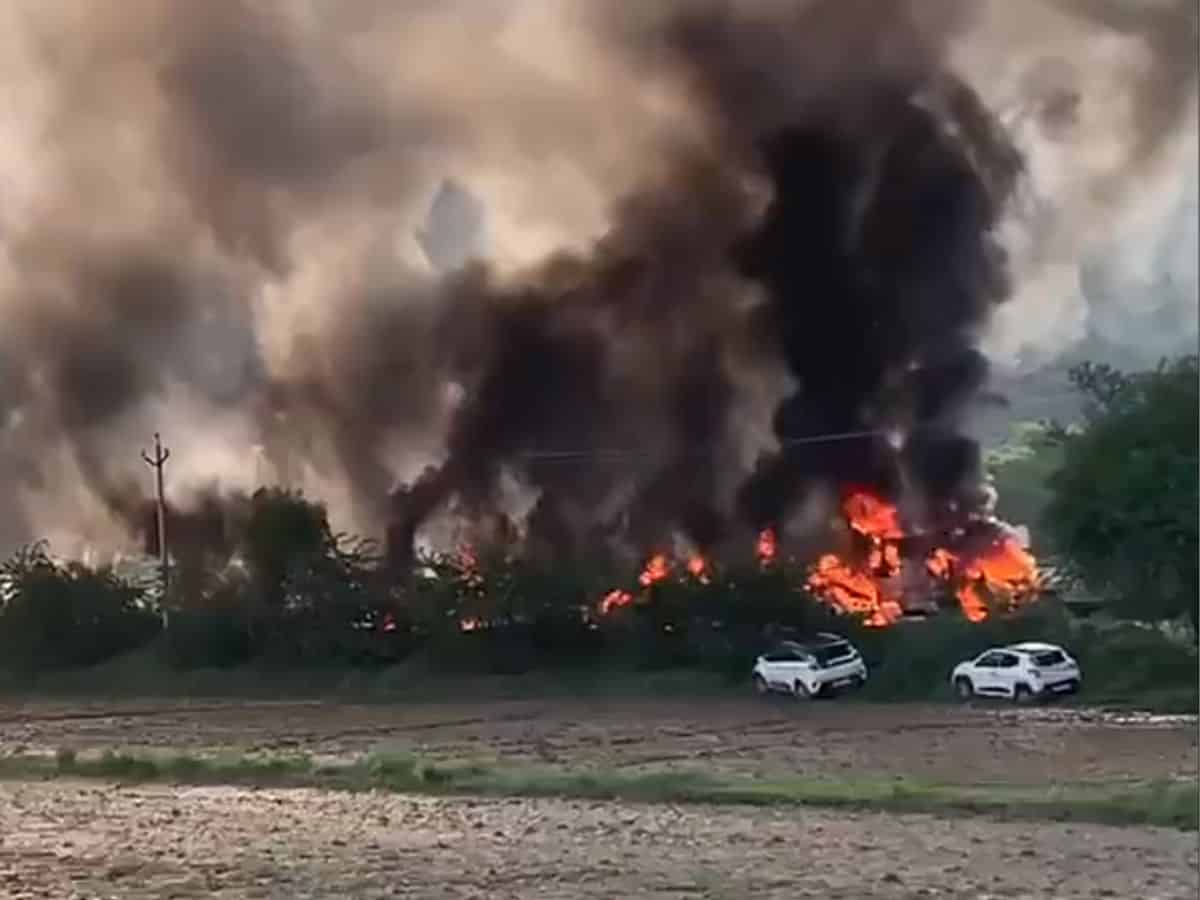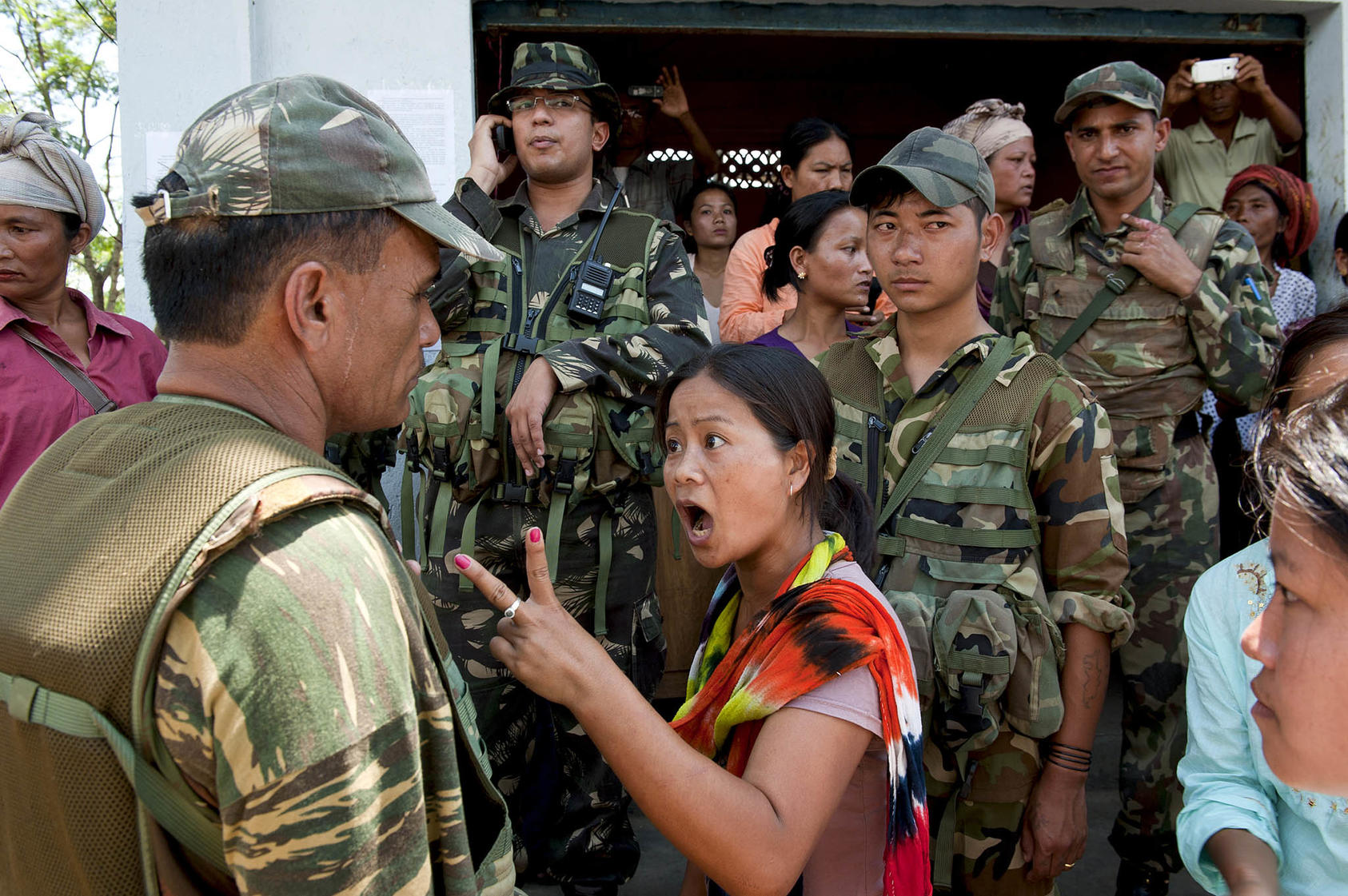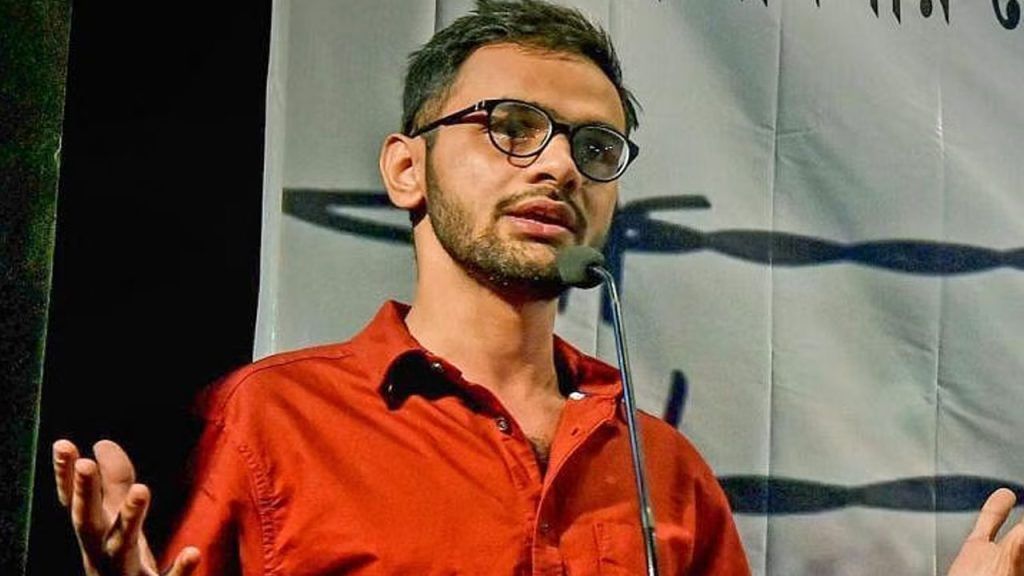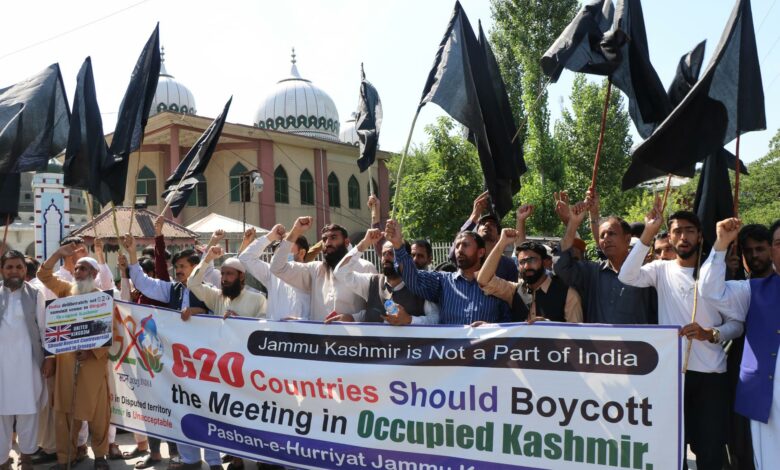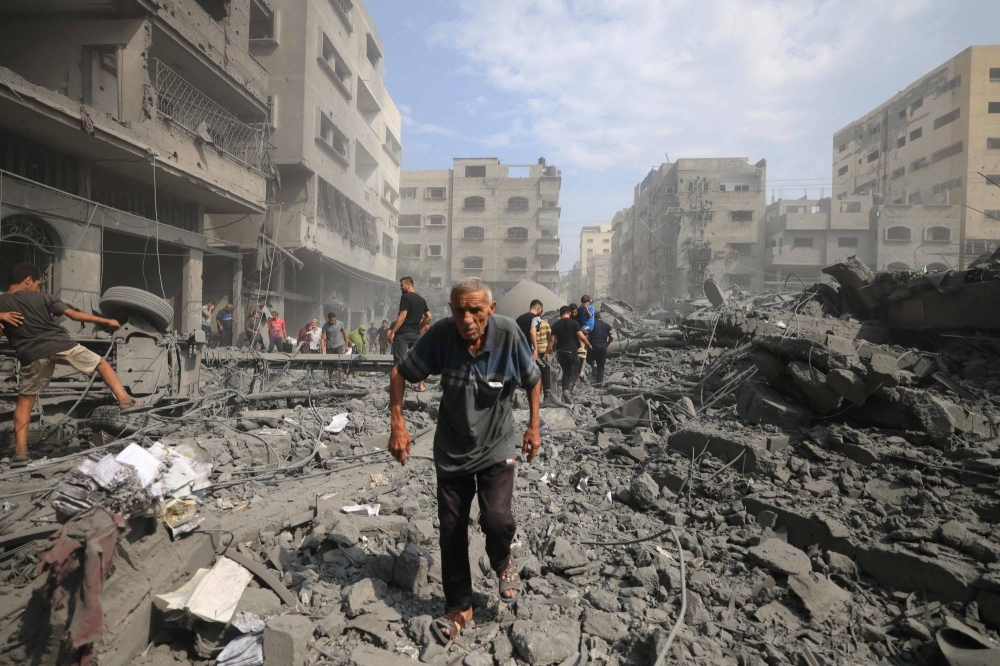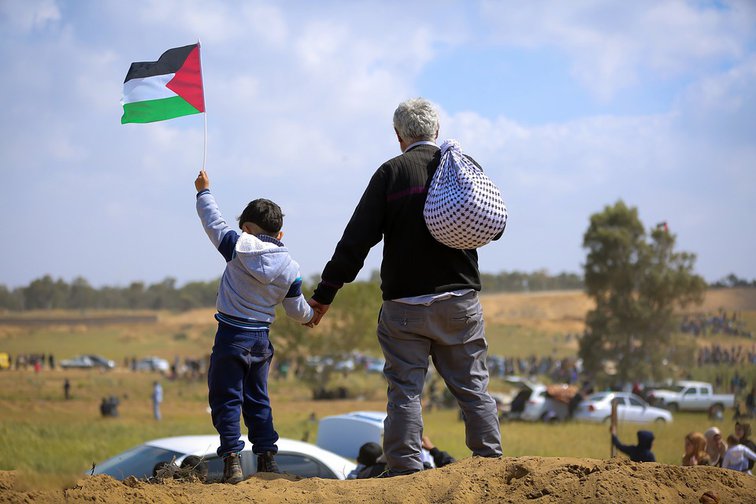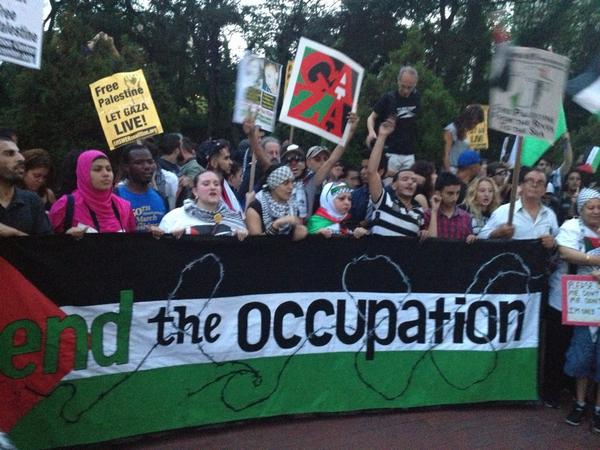On Wednesday, May 3, Reporters Without Borders (RSF) published the 21st edition of its World Press Freedom Index, and it was unfavourable for India. India has lost 11 places from 2022, when it was ranked 150, to 161st in terms of journalistic freedom. The index ranked 180 countries. Reporters Without Borders (RWB; Reporters sans frontières; RSF) is a worldwide non-profit organisation that has as its stated goal defending the right to freedom of information. According to its advocacy, everyone must have access to news and information, in accordance with Article 19 of the Universal Declaration of Human Rights, which recognises the right to receive and share information without regard to national boundaries, and other international human rights treaties.
The embarrassing score of India, according to critics, demonstrates rising hostility and pressure on journalists in India. India is now one of the 31 nations that RSF considers to have “very serious” journalistic conditions. According to the report from Reporters Without Borders, a group that assesses the conditions for journalism worldwide, press freedom in India has gone from “problematic” to “very bad,”.
“The situation has gone from ‘problematic’ to ‘very bad’ in three other countries: Tajikistan (down 1 at 153rd), India (down 11 at 161st) and Turkey (down 16 at 165th),” said the report released on Wednesday, celebrated globally as World Press Freedom Day.
Also, read India- The Killing of Gangster-Turned-Politician Atiq Ahmad
Methodology of RSF
RSF has consultative status with the International Organisation of the Francophonie, the Council of Europe, the United Nations, and UNESCO.180 nations are included in the index, which rates conditions for journalists. From 0 (worst) to 100 (best), the five “contextual indicators” on which countries are assessed by RSF now replace the seven categories that it used to rate nations until 2021. With a total of 117 questions and sub-questions, these are the following contextual indicators: political context, legal framework, economic context, sociocultural background, and safety.
Following the compilation of the indicators, the countries are divided into five categories: good situation (85–100 points), satisfactory situation (75–85), problematic situation (65–75), difficult situation (45–65), and very serious situation (below 45). India has scored in the last category. According to the report from RSF, press freedom in India has gone from “problematic” to “very bad,”. Therefore, India ranks 161st in terms of journalistic freedom.
Read here, Pro-Khalistan Activist Amritpal Singh declared fugitive- What is happening in “India’s Bread Basket” Punjab?
In its opening remarks about why India has been classified this way, RSF states, “The violence against journalists, the politically partisan media and the concentration of media ownership all demonstrate that press freedom is in crisis in “the world’s largest democracy”, ruled since 2014 by Prime Minister Narendra Modi, the leader of the Bharatiya Janata Party (BJP) and the embodiment of the Hindu nationalist right.”
The RSF draws attention to a number of grave issues with India’s media environment, one of which is ownership concentration:
“…the abundance of media outlets conceals tendencies toward the concentration of ownership, with only a handful of sprawling media companies at the national level, including the Times Group, HT Media Ltd, The Hindu Group and Network18. Four dailies share three quarters of the readership in Hindi, the country’s leading language. The concentration is even more marked at the regional level for local language publications such as Kolkata’s Bengali-language Anandabazar Patrika, the Mumbai-based daily Lokmat, published in Marathi, and Malayala Manorama, distributed in southern India. This concentration of ownership in the print media can also be observed in the TV sector with major TV networks such as NDTV. The state-owned All India Radio (AIR) network owns all news radio stations.”
The fact that these businesses and the Modi administration have overtly mutually beneficial partnerships only makes matters worse, it continues: “The prime example is undoubtedly the Reliance Industries group led by Mukesh Ambani, now a personal friend of Modi’s, who owns more than 70 media outlets that are followed by at least 800 million Indians. Similarly, the takeover of the NDTV channel at the end of 2022 by tycoon Gautam Adani, who is also very close to Narendra Modi, signalled the end of pluralism in the mainstream media.”
Anxiety in the newsroom has increased since controversial businessman Gautam Adani declared his plan to take over the channel in a hostile bid last August, and journalists like Ravish Kumar have left their positions as a result. NDTV had employed 48-year-old Ravish for 26 years. He was senior executive editor of the news organisation at the time of his resignation. He was noted for its scathing and critical coverage of public policies and opinions of the current government. These reasons explain why India ranks 161st in terms of journalistic freedom.
Also, read UN Defender Demands End to Crackdown on Kashmiri Activists
Lack of Diversity in Indian Newsrooms and Harassment of Journalists
RSF claims that there is a dearth of diversity in Indian newsrooms. “For the most part, only Hindu men from upper castes hold senior positions in journalism or are media executives – a bias that is reflected in media content. For example, fewer than 15% of the participants in major evening talk shows are women.”
According to RSF, there are many legal methods that those in power harass journalists, including by accusing them of criminal defamation and sedition. “Indian law is protective in theory but charges of defamation, sedition, contempt of court and endangering national security are increasingly used against journalists critical of the government, who are branded as “anti-national”,” the report notes.
Read here, The Saudi-Iran Deal and its Implications
India ranks among the worst performers on the rating, even within South Asia as it ranks 161st in terms of press freedom. At 163, Bangladesh performs somewhat worse than Pakistan, while India comes in at 150th, several positions behind Pakistan. With a rating of 152, even Afghanistan, where the Taliban administration is well known for being hostile to independent journalists, has performed better. Sri Lanka is at 135 and Bhutan is at 90. The report also added that the last three slots were occupied by Asian countries.
“The last three places are occupied solely by Asian countries: Vietnam (178th), which has almost completed its hunt of independent reporters and commentators; China (down 4 at 179th), the world’s biggest jailer of journalists and one of the biggest exporters of propaganda content; and, to no great surprise, North Korea (180th),”
Also, read Festival turns bloody after Hindutva Mob Burnt Centennial Mosque
The Indian Press Voices Concern Over RSF Report
The Indian Women’s Press Corps, Press Club of India, and the Press Association released a joint statement voicing their concern over the country’s dip in the index.
“The indices of press freedom have worsened in several countries, including India, according to the latest RSF report,” the joint statement said.
“For developing democracies in the Global South where deep pockets of inequities exist, the media’s role cannot be understated. Likewise the constraints on press freedom due to hostile working conditions like contractorization have to also be challenged. Insecure working conditions can never contribute to a free press,” it added.
Read here, Karnataka Elections: Setback for Modi



 Featured9 months ago
Featured9 months ago


 Featured10 months ago
Featured10 months ago


 Featured2 years ago
Featured2 years ago


 Featured4 years ago
Featured4 years ago


 Featured3 years ago
Featured3 years ago


 Featured10 months ago
Featured10 months ago


 Featured2 years ago
Featured2 years ago


 Featured4 years ago
Featured4 years ago
